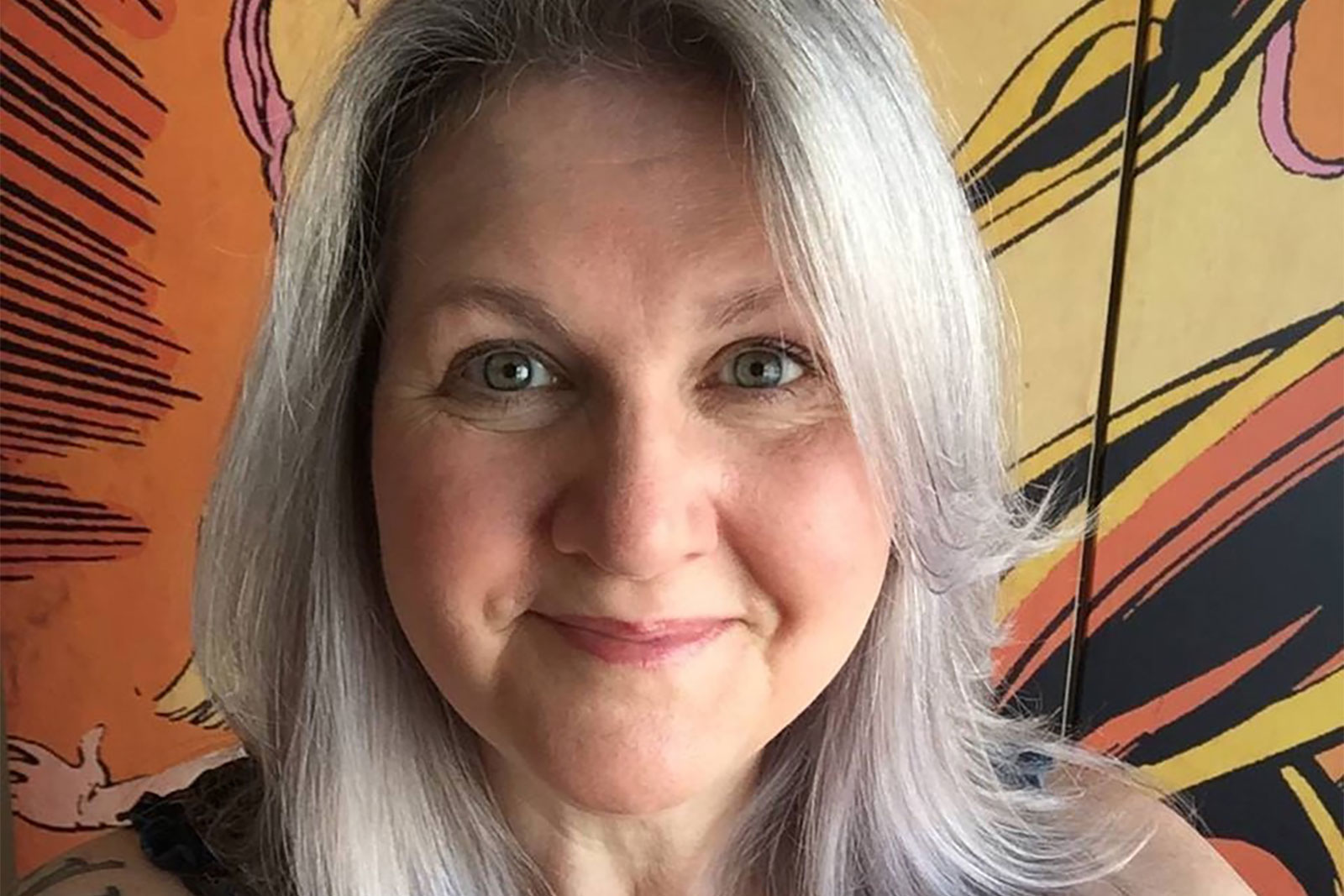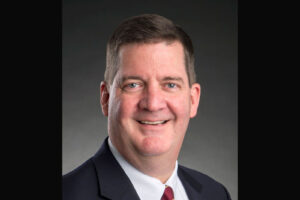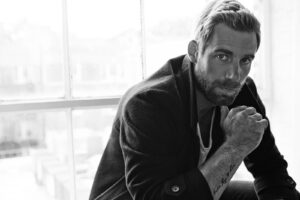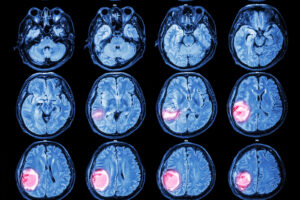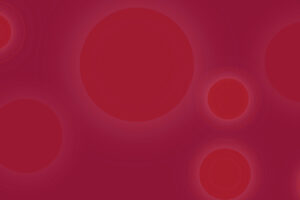My husband discovered The Lump while he was kissing my neck. I shrugged it off as swollen glands, but Gary says, “That’s the moment I knew you had cancer.” I was eventually diagnosed with non-Hodgkin lymphoma, a virulent blood cancer that had metastasized to both sides of my neck and chest and later polluted my bone marrow, leaving me with a 50 percent chance of survival up to five years. Beyond five years, my odds were “statistically negligible.” I was 32 years old. My kids were seven and five.
Chemo destroyed me physically and emotionally. Bloated, bald and overwhelmed with nausea, I slept on a bed of towels and blankets on the bathroom floor. Ulcers in my mouth and throat took away my ability to work as a voiceover artist. Even with insurance, Gary and I were financially wiped out.
Standing before the judge in bankruptcy court, I said something about not wanting to leave my husband with two small children in a tar pit of medical debt. Gary touched my elbow and said, “Your honor, we’ll need to start our life over again when my wife gets well.”
“I’m currently in year 26 of my five-year plan, not cancer-free, but free in all the ways that matter.”
Tears stung my eyes. Start a new life? All of my energy had been consumed clinging to the old one. But the woman I was B.C. (before cancer)—the performer, the never-say-no power mommy, the girl with all the time in the world—was gone. The first step in my necessary self-reinvention was honoring and grieving the fact that the person I knew as me had died of cancer.
I was left wondering, “How do I live a full life by some metric other than time?” I had to let go of longer and try to make it deeper. Focusing on the best that I could realistically hope for, I developed a five-year plan with two non-negotiable goals.
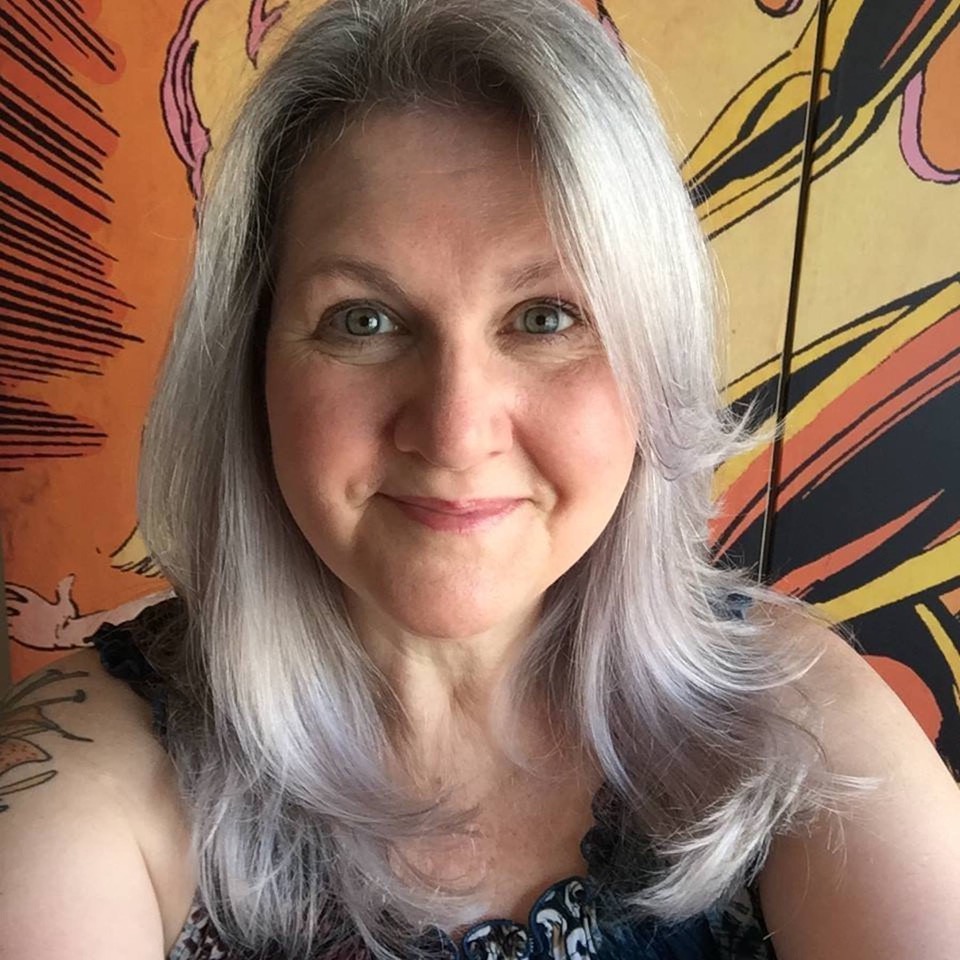
First: I wanted to leave a handprint of lovingkindness on my kids—a lasting impression that would give substance to their incomplete memories of me and hopefully pass on in some way to their children.
Second: I was determined to write one good book and get it published. I knew nothing about publishing, but I’d been a voracious reader and compulsive scribbler all my life. When everything else was gone, writing was the life raft I climbed onto. I created a fictional world and retreated into it, writing and rewriting, loving the work and loving the self I became while doing it.
My first 70ish queries to agents and editors resulted in my first 70ish rejections. I just kept hammering away as if the rules didn’t apply to me until—lo and behold—they didn’t.
My first two novels, “Crazy for Trying” and “Sugarland” did well enough to get me an agent. “Bald in the Land of Big Hair,” a memoir about my cancer experience, put my name on the bestseller lists for the first time; launched a robust public speaking side gig; and opened the door for my unexpected career as a celebrity ghostwriter. Since then, I’ve written a long string of bestsellers and screenplays, collaborating with extraordinary people.
I’m pretty sure this is the worst possible way to become an almost famous writer. But I’ll take it.
It’s important to remember that hardship exists only in the context of a life. If we lose sight of that context, we lose our incentive to survive.
Cancer taught me to reinvent myself without fear or apology, and I repeated that cycle of epiphany and rebirth as my life continued—inexplicably—long past my “sell by” date. I’m currently in year 26 of my five-year plan, not cancer-free, but free in all the ways that matter. I’m still committed to that daily handprint of lovingkindness, and each book I write is that one good book that deserves all my dedication and drive.
For me, cancer was a crucible and a profound learning experience. So, what did I learn?
- Learning experiences suck.
- Don’t touch your bald head after you touch ancho peppers.
- Nose hair is there for a reason.
We all process hardship in our own unique way, but we all start with that fundamental big question: How do I live a full life factoring in this new challenge?
Making peace with everything we’ve lost and locating something new to live for are daunting tasks. So be gentle with yourself. Try breaking that big question down to two specific goals, one personal and one professional.
Give it a minute. Sometimes hardship kicks down the door, looming so large that it’s hard to see anything else. In that moment, it’s important to remember that hardship exists only in the context of a life. If we lose sight of that context, we lose our incentive to survive.
Even with time and perspective, I struggle with the paradox: This beast who came to kill me somehow taught me how to live. I can’t deny the transformative power of my cancer experience, but I hate it when people refer to cancer as “a gift.” The gift is you and the unique raw material you bring to whatever FUBAR situation life has handed you.
This isn’t about one feisty girl who made lemonade out of lemons. It’s about human nature: a plot twist jars us from complacency, our “fight or flight” instinct powers us past some point of no return and we change—hopefully for the better.
NYT bestselling author Joni Rodgers lives with her husband, multimedia artist Gary Rodgers, on the beach in Washington State. Her books are available at www.jonirodgers.com and wherever books are sold.

